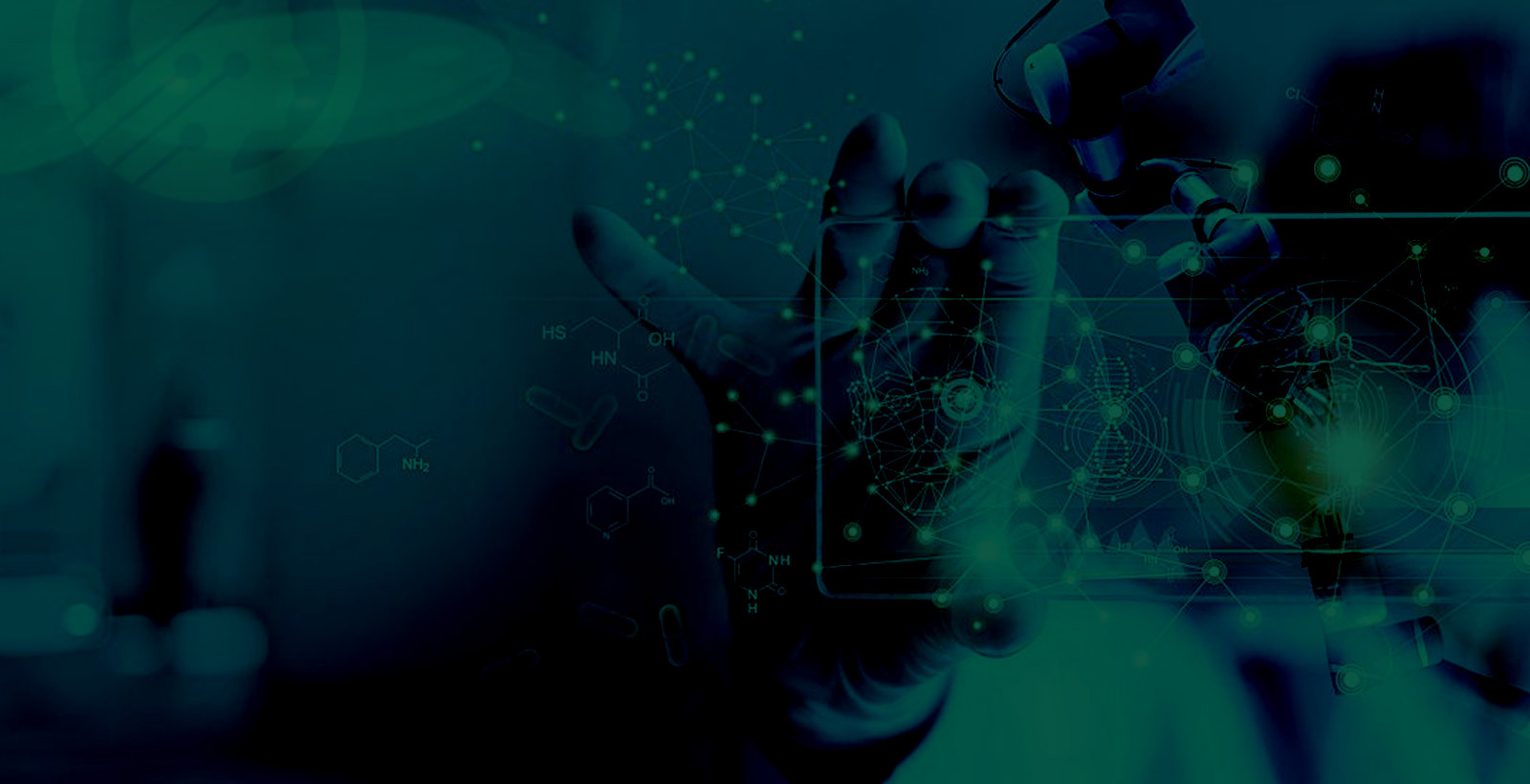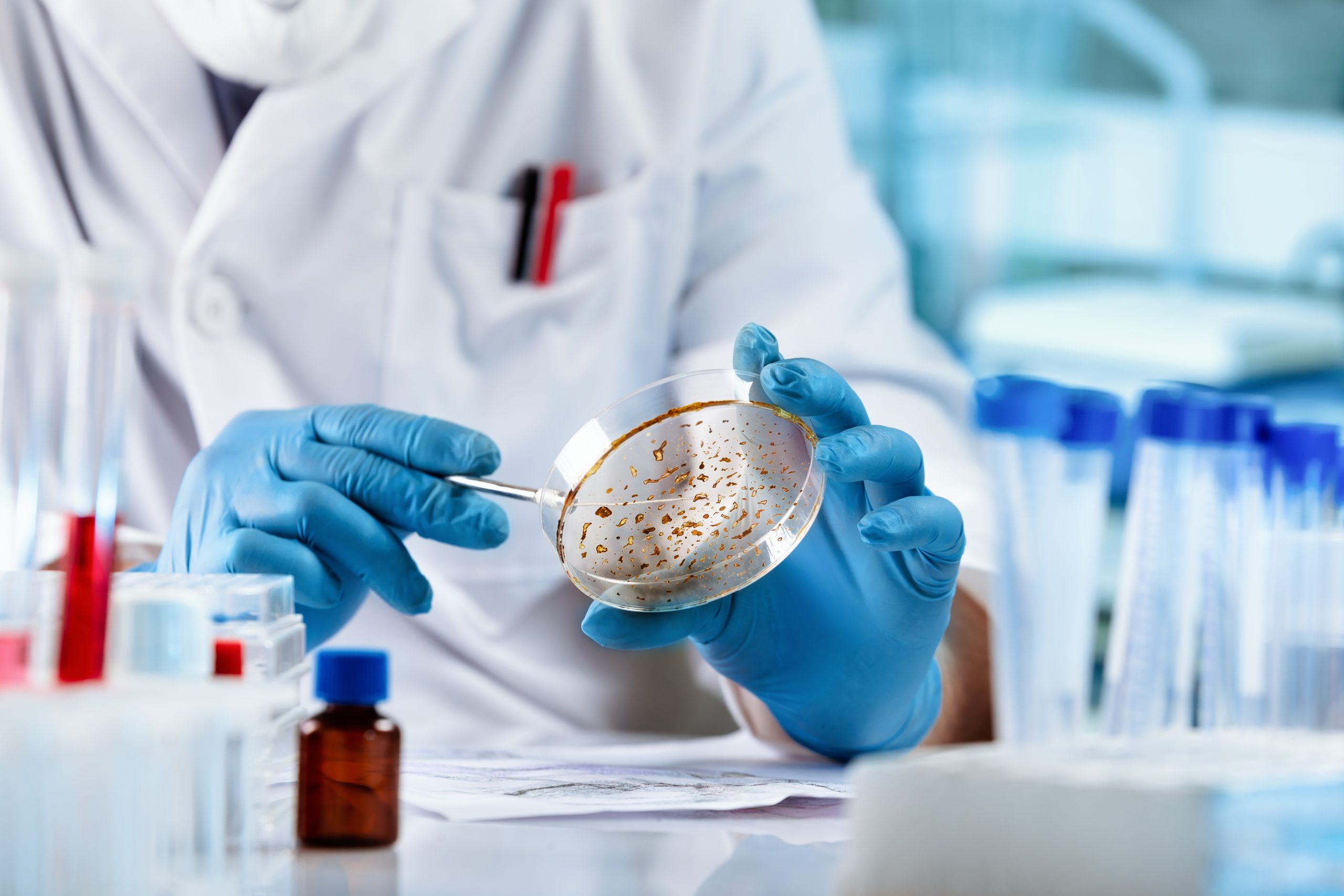What is antimicrobial resistance?
Antimicrobial resistance takes place when microbes such as parasites, bacteria and viruses mutate over time. These genetic level changes create differences to their structures, meaning medicines are less likely able to treat the disease due to the target structure of that medicine within the microbe being altered by mutation. This then leads to an increased risk of the diseases spreading causing illness and in some cases death.
Why is it so important?
The fight against antimicrobial resistance (AMR) has never been more important. In 2021, the World Health Organisation (WHO) declared AMR to be one of the top 10 global public health threats facing humanity. It has been claimed that 1.27 million lives annually are taken by AMR and it is estimated that by 2050, up to 10 million deaths annually could occur as a result of AMR.
In response, the UK Government has allocated £210 million as a progressive step towards tackling the deadly antimicrobial resistance we are all facing. This funding aims to allow the UK to partner with countries across Asia and Africa to create state-of-the-art laboratories, disease surveillance technologies and bring together experts in the field to tackle AMR with the objective to reduce the overall risk, not only to the UK but across the world.
The main reason for AMR is the blanket use of antimicrobials, poor infection prevention, sanitation and hygiene issues including access to clean water, medicinal access, and lack of awareness for the severity of the issue. AMR not only causes health issues, it also leads to economic strains on countries, with hospital beds being taken up for longer periods of time due to the reduced effectiveness of drugs, meaning other important surgeries and operations cannot take place and additional high-priority patients cannot be seen due to the lack of space. The challenge of finding effective drugs to treat the ever-changing microbes is a continuous threat and we must apply and combine multiple technologies and sectors to achieve results and slow down the rate of AMR.
How can Artificial Intelligence be applied to AMR?
Artificial intelligence is now becoming a common term in everyday life. This varied technology is being applied to numerous scenarios, helping to combat issues including human health challenges, such as cancer and skin disease diagnosis, through image classification and machine learning. This increases the chances of early detection and reduces wait times in the initial consultation stages.
AMR is a significant issue worldwide. We are racing to keep up with the ever-evolving variables and microbes, which due to complicated factors also involved, such as environment, makes it highly challenging to sustain. By the time we have usable and reliable results, further changes are already occurring, making it an almost impossible task. The application of artificial intelligence can be applied to this issue to help with big data analytics which are beyond human scale and allows this to be done in real time.
For example, Agxio has created a suite of technologies in a low-code stack that has many applications to aid multiple industry leading problems, including AMR. Our machine learning and modelling platform, Apollo, is able to ingest any big data in any form, including image, numerical and string. It allows scientists to perform quick analytics including extraction of important factors and to run multiple pre-programmed models at one time against any given set of data with results provided within seconds and minutes.
Apollo also goes one step further. Model-building and pattern-recognition capabilities enable scientists to build bespoke models that apply to their specific data problems, helping to find patterns which would usually be beyond human capability. By ingesting real-time and big data, invaluable insights can be gained which without AI could have taken years to analyse or even been missed entirely.
Machine learning is something we can all benefit from in the fight against AMR. By utilising the power of AI and machine learning, we could significantly increase our chance of slowing down AMR, alleviating not only economic and social strains on countries, but improving overall health for humans, mammals, and aquatic species worldwide.
By Chloe Hazell, Bioscientist and Research at Agxio



